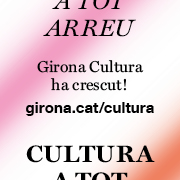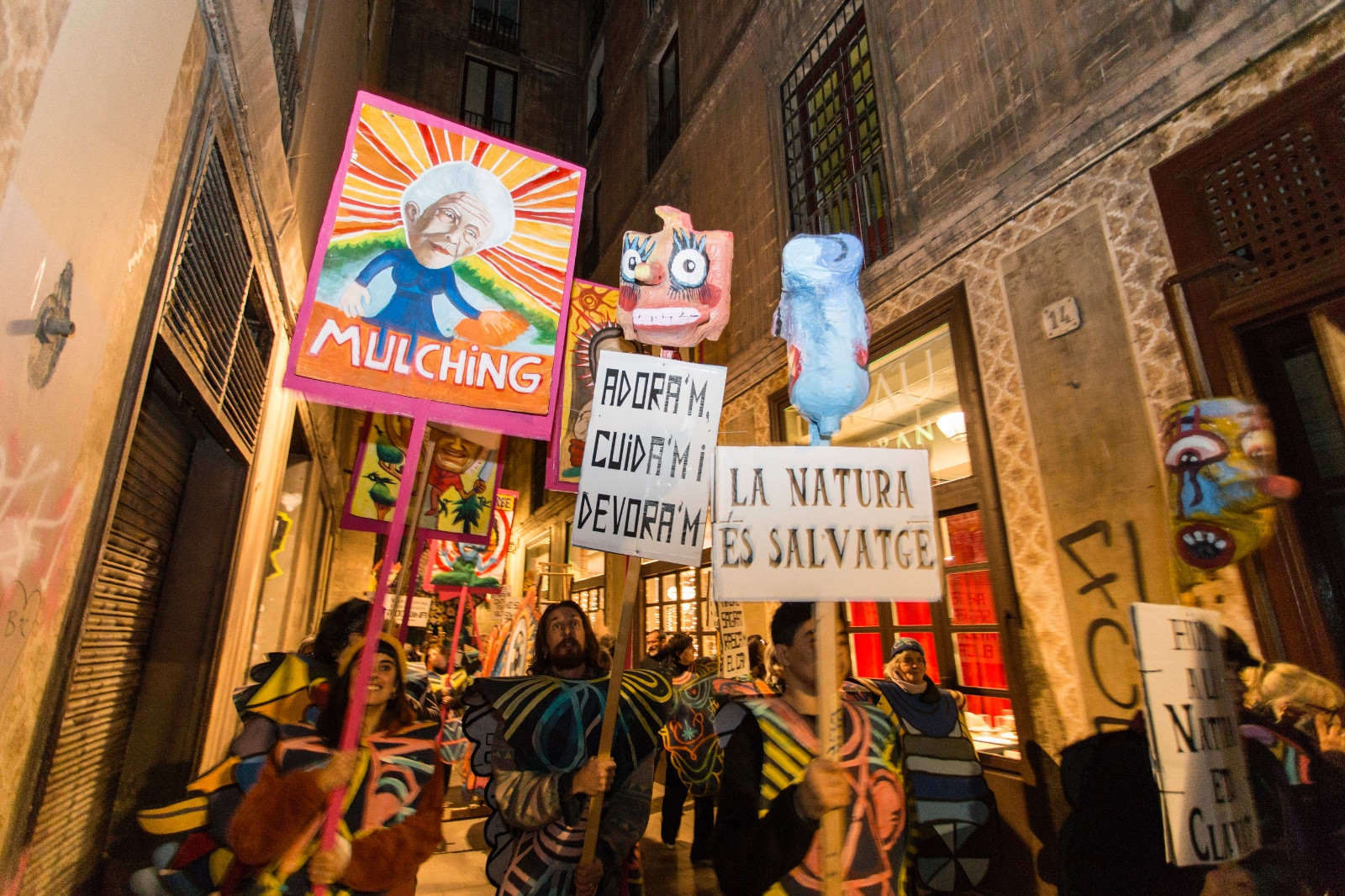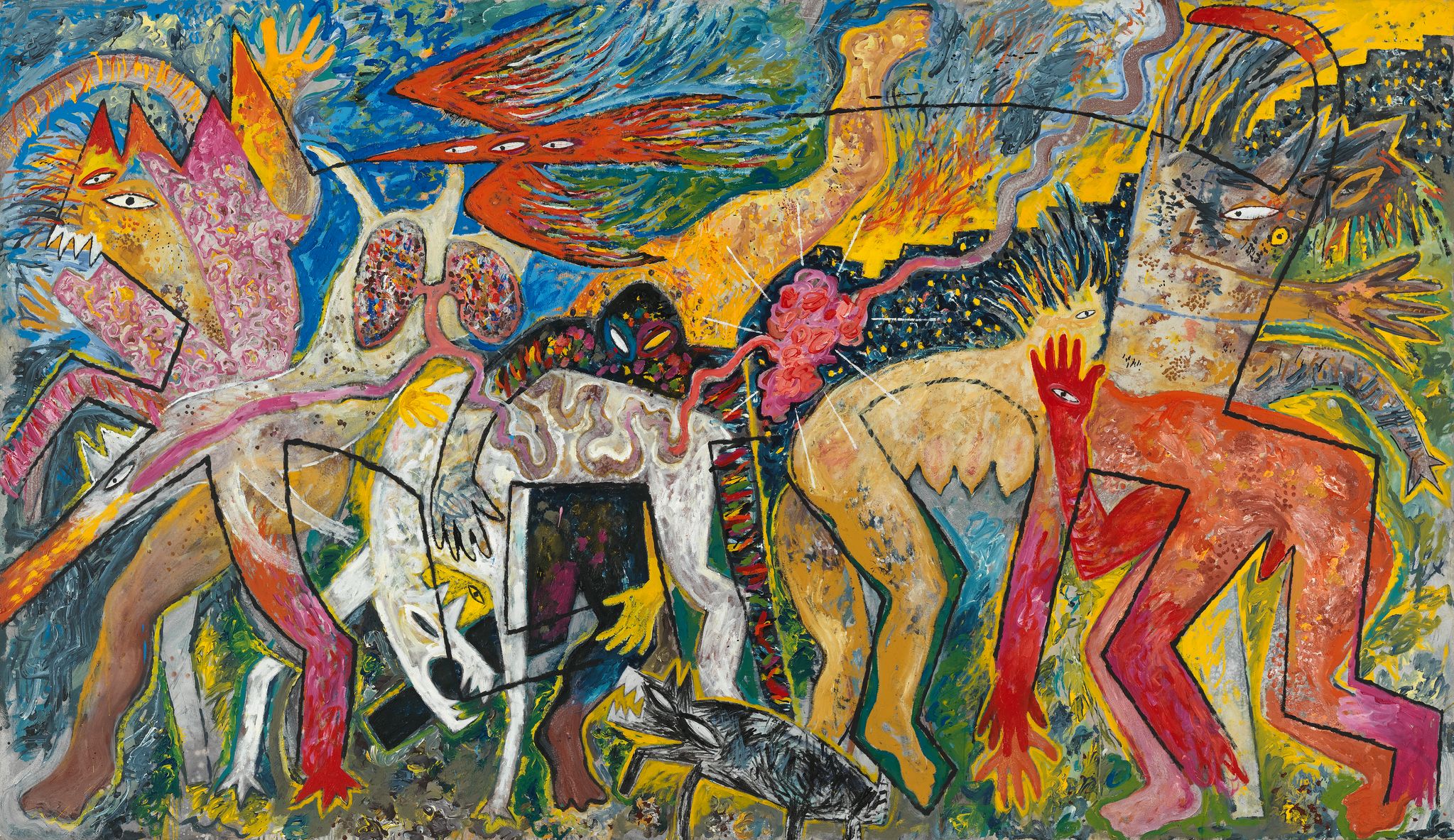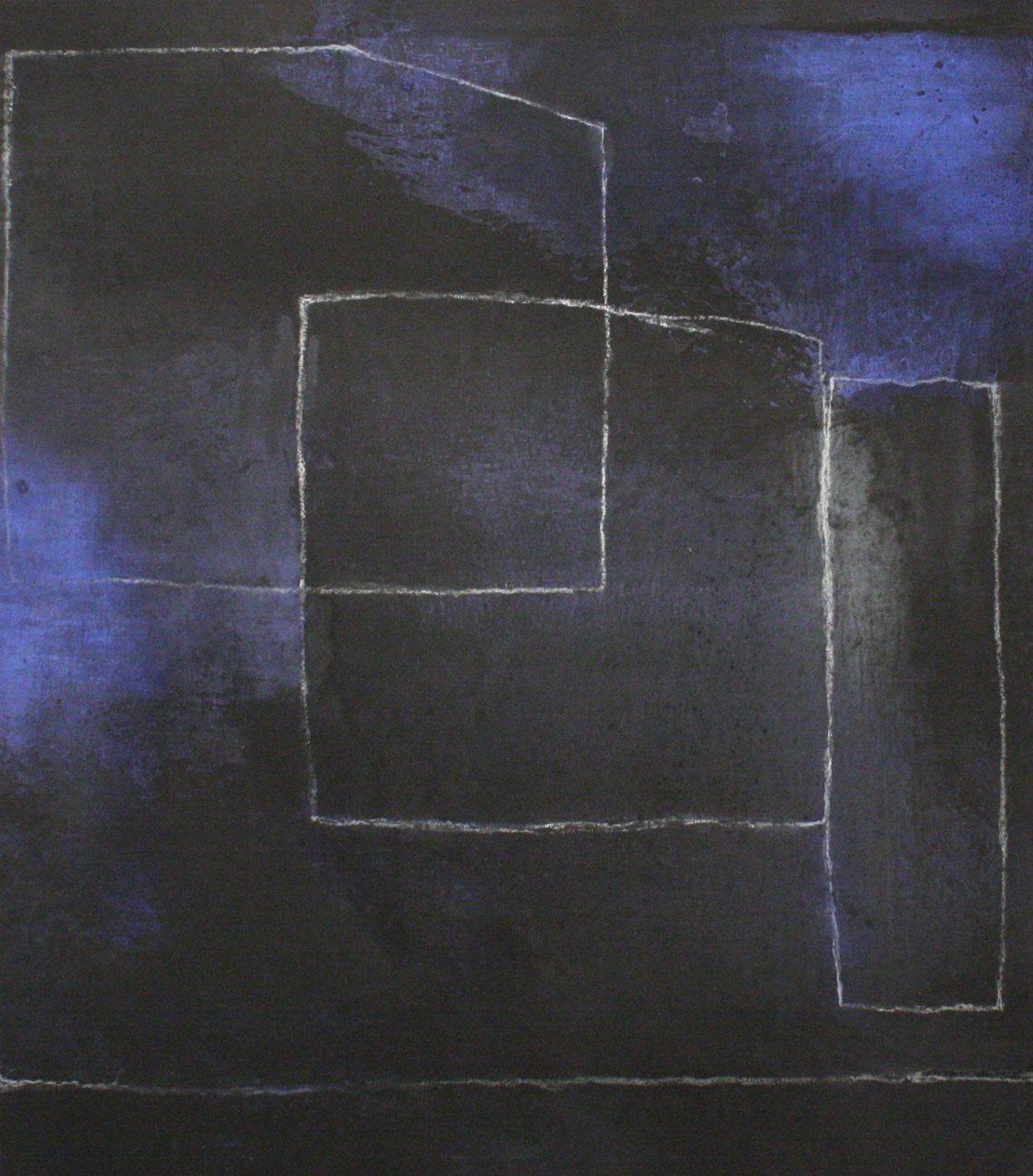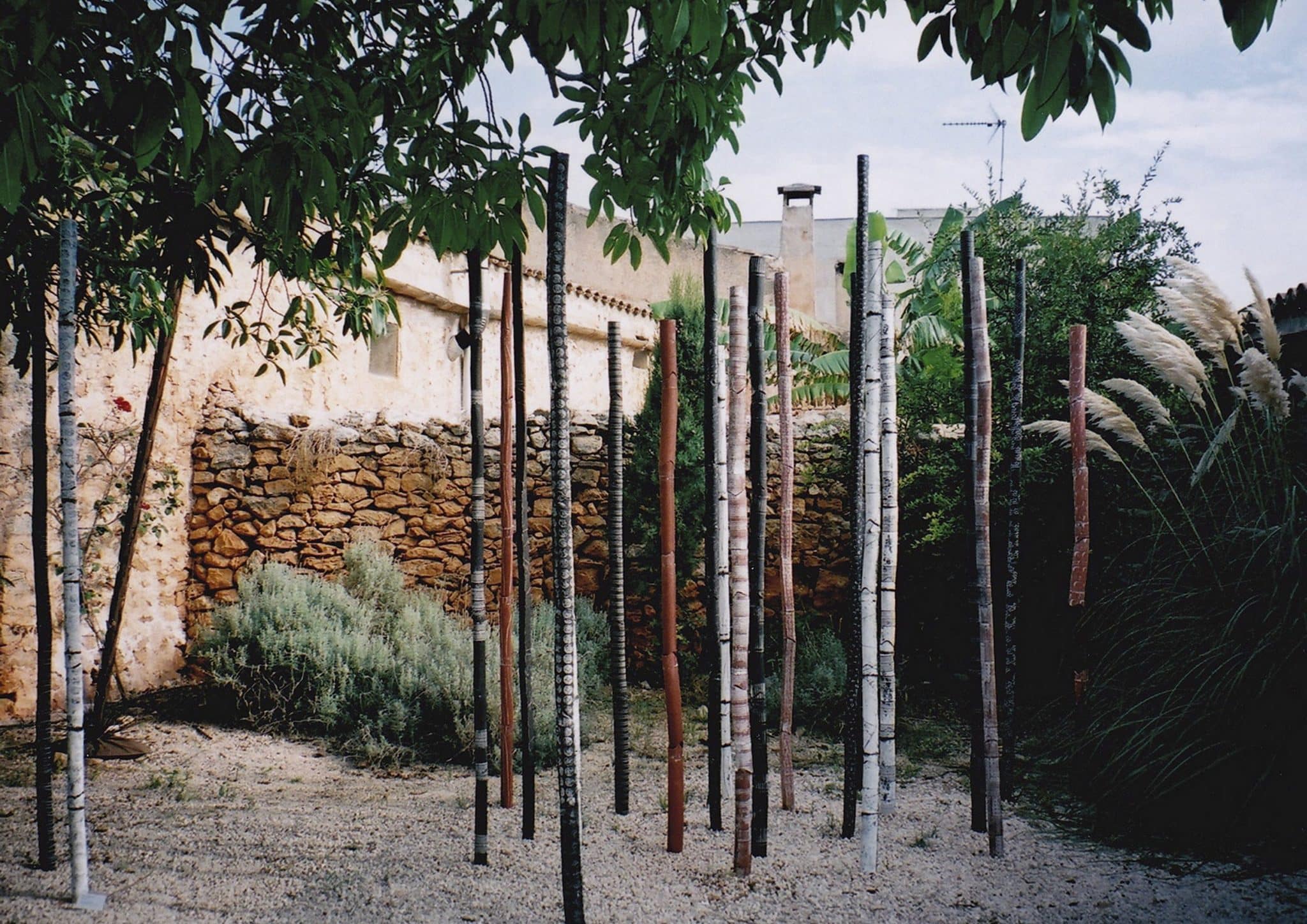News
Ingrid Guardiola says goodbye to El Bòlit with a reflection on the management and future of art centers
A meeting with the participation of relevant voices in Catalan contemporary art, at the La Mercè Cultural Center in Girona.
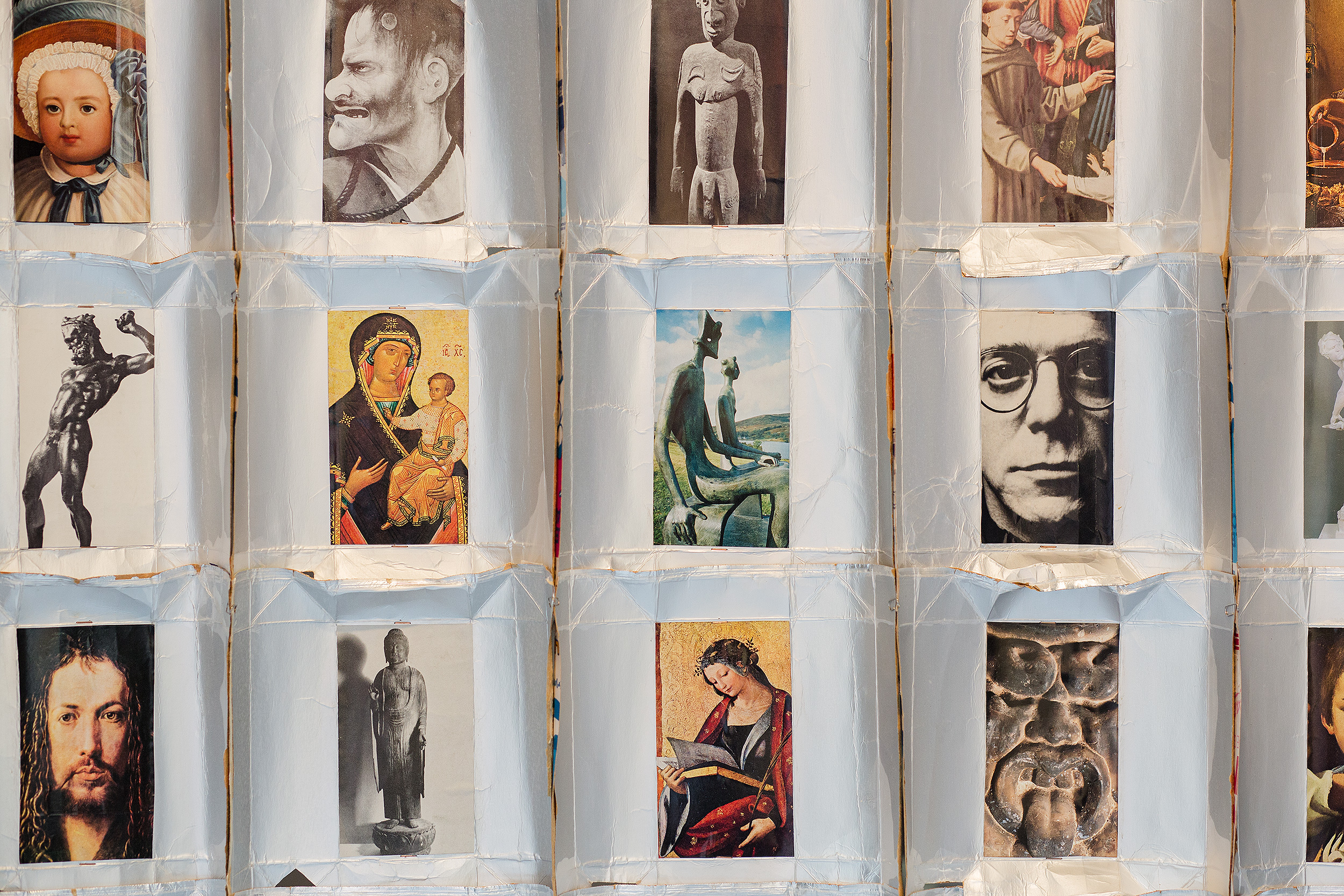
Tomorrow, April 25 at 6:30 p.m., the La Mercè Cultural Center in Girona will host a special day dedicated to rethinking management models in the field of contemporary art. The event, entitled The management of art centers under debate, will also be an opportunity to bid farewell to Ingrid Guardiola (Girona, 1980) as director of the Bòlit, Center for Contemporary Art in Girona, a position she has held between 2021 and 2025.
The session will feature the participation of relevant voices from the Catalan artistic scene: Elvira Dyangani Ose (director of MACBA), Valentín Roma (director of La Virreina Centre de la Imatge), Imma Prieto (director of the Antoni Tàpies Museum) and Joana Hurtado (former director of Fabra i Coats). Based on their experiences, various institutional models and ways of understanding cultural leadership will be put into dialogue. The conversation will address key issues such as structural conditions, the limits of the system, the challenges of sustainability and the cultural model that is currently in dispute.
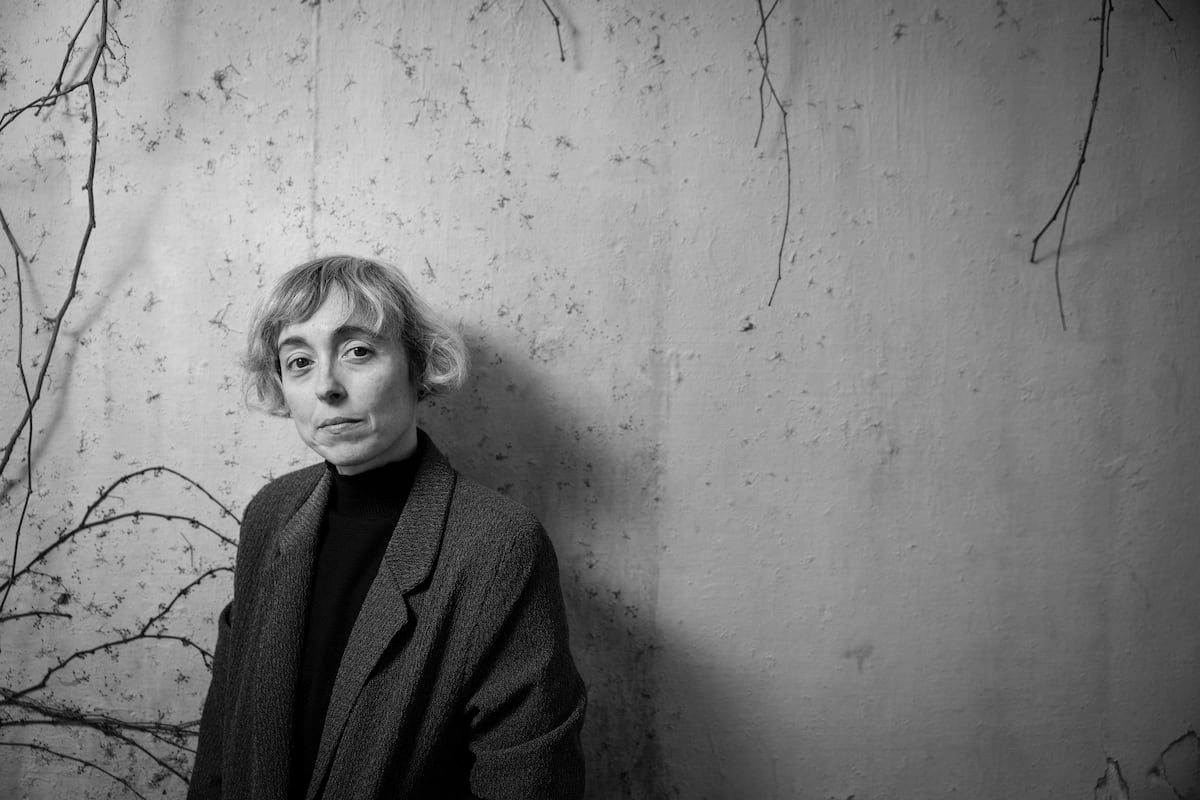 © Massimiliano Minocri
© Massimiliano Minocri
The day will also be Ingrid Guardiola's last public event at the helm of Bòlit. Essayist and cultural manager, Guardiola has promoted a project marked by critical thinking, transversality and a strong involvement with the contemporary context. As she expressed in a recent interview with the newspaper Ara, she is leaving the directorship "to get away from bureaucratic pressure a little". However, she gives a positive assessment: "We have held exhibitions on the monster woman, the figure of the idiot or other aspects linked to technology, ecology or masculinities. And we have done so from the plasticity of life, of radical difference, creating a kind of discursive constellations of dialogue with all the artists, works and exhibitions, worrying about accompanying and promoting research, and not so much about generating new works or influencing the contemporary art market".
Coinciding with the meeting, Marge de maneuro will be presented, an essay written by Guardiola herself that captures the experience lived during these four years. The book becomes a tool for thinking from within the institutions: why do we do what we do?, how can we improve it?, how to guarantee the continuity of projects beyond political cycles?
This day, therefore, not only concludes a significant stage at El Bòlit, but also opens a space to rethink the role of art centers today. An opportunity to rethink everything and, perhaps, imagine new ways of doing and being in culture.


